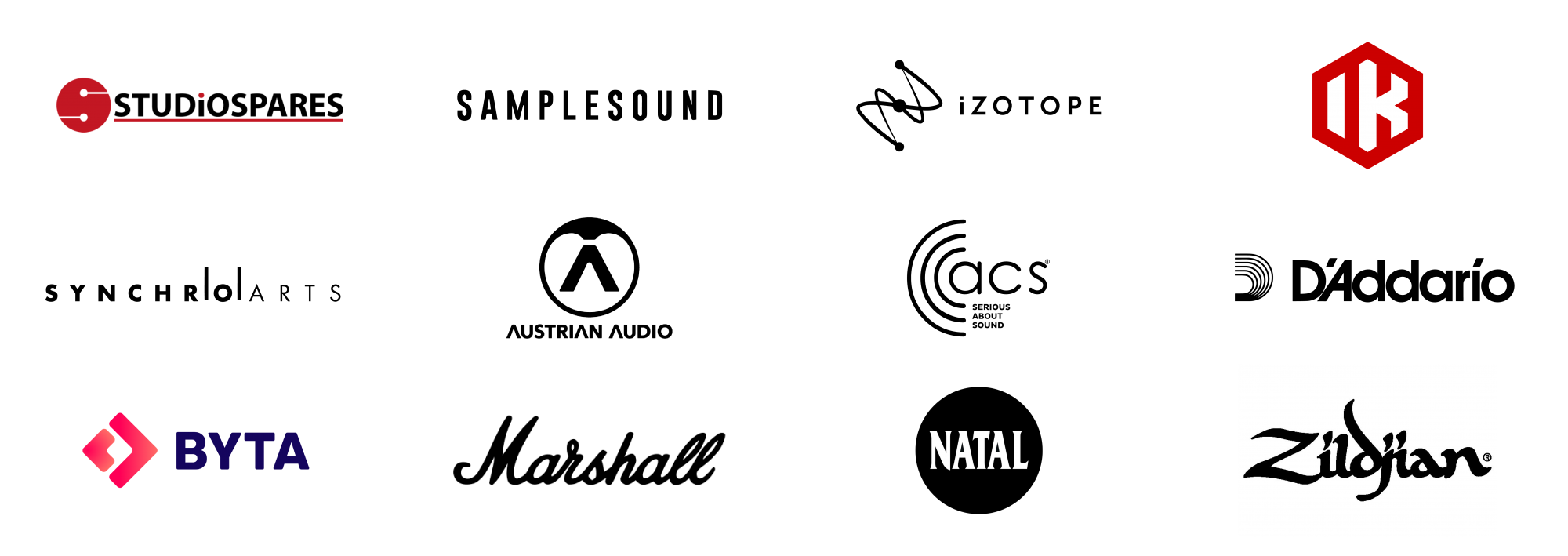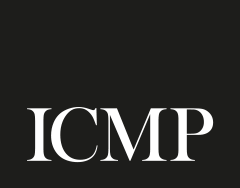Locations
London, Liverpool, Leeds
UCAS code
W315
Start date
15th September 2025
Course length
3 Years
COURSE OVERVIEW
This dynamic and distinctly forward-looking degree will provide you with the playing, performing, technical and theoretical skills you need for a career as a professional portfolio musician in today’s ever-changing music industry.
Our fast-moving and increasingly digital world has seen many opportunities for the modern music industry to evolve recently, bringing performers, musicians, audiences and music lovers together in exciting new ways. This programme embraces the diverse nature of performance, allowing you to focus intensely on your chosen instrument to develop your individual voice, while learning essential business, promotion and technology skills as you carve out your own unique place in the music industry.
At the core of your BMus degree is the development and refinement of your principal instrument – guitar, bass, drums or vocals. Through research and analysis of established genres, styles and repertoire, you’ll develop a broad, comprehensive understanding of genre conventions, so you’re set up to succeed in a wide range of performance scenarios – whether live, livestreamed or recorded.
You’ll develop outstanding technical skills on your primary instrument, with regular one-to-one instrumental tuition with your ICMP tutors across all three years of your degree, plus you’ll be encouraged to explore a foundation in keyboard skills and an additional second instrument study. Unique opportunities are available within the ICMP community to perform in a wide range of contexts. Whether performing original material or covers, you’ll become a well-rounded, technically accomplished musician who can work across multiple musical environments and contexts, allowing for a diverse and, most importantly, sustainable career.
This course is sponsored by our industry partners:

Our supporting industry partners are:

Alongside generously sponsoring courses, rooms and providing equipment, our industry partners also offer ICMP students access to exclusive discounts, events and opportunities.
Why study at ICMP?
The degree covers a full spectrum of learning opportunities in areas such as performance, stylistic techniques, music technology, music theory, arranging and composing, session skills, recording, musical theatre, teaching and business skills. Across your three years, you’ll participate in a combination of lectures and seminars, workshops, practice-based sessions, self-directed learning and, of course, your highly personalised one-to-one tuition. A practice-as-research philosophy underpins all theoretical, practical and academic modules, with demonstration of practice-based learning and understanding in assessment tasks.
Members of our highly esteemed ICMP teaching faculty will provide you with significant knowledge of the internal workings of the music industry through the delivery of regular masterclasses, industry events and networking opportunities, along with exposure to a wide range of guest lecturers and emerging artists.
A key focus of the degree is collaboration – through live performance workshops, you’ll develop a strong camaraderie with your fellow BMus students, be inspired to network, create projects with students from other ICMP programmes, and receive personalised instrumental feedback.
By the time you graduate with ICMP, you’ll be fluent in the language of popular music, capable of working in creative and collaborative music business environments, and ready to explore exciting industry pathways to begin your professional career. You’ll also leave us with an impressive professional portfolio of work you can present to the industry as evidence of your performance talents.
Fees & Funding
Taking a music course at ICMP makes financial sense too, making studying BMus at ICMP in London or Liverpool great value as well as great fun.
Course Fees: UK Students | EU/EEA/International Students
Programme Specification | Programme Handbook
Click to view the full terms and conditions of applying to study at ICMP.

Successful completion of the BMus (Hons) Popular Music Performance course leads to the award of Bachelor of Music degree by The Institute of Contemporary Music Performance.*
* Please note: ICMP Liverpool and Leeds courses are currently subject to validation.
Experience ICMP in-person with our
Open Day in London or Liverpool
Featuring information about this course, the many benefits of studying here, tour our facilities and much more.
You can also join our online event or book a personalised tour.
Key facts
- A cutting-edge degree that acknowledges the changing global music scene and encourages a blend of both in-person and digital performance opportunities.
- Experience personalised, tailored learning as you gain the skills and knowledge to graduate as a versatile professional musician.
- Develop advanced instrumental techniques and exceptional music literacy.
- Learn how the modern music industry operates as you work towards the launch of a professional portfolio career.
- Enhance your musicianship across a diverse range of popular music styles and genres.
- Develop your unique identity as a performer through structured weekly individual and collaborative activities.
- A high level of contact teaching hours, delivered in small groups in world-class facilities.
- Benefit from regular one-to-one sessions with expert ICMP instrument tutors each year.
- Build an impressive portfolio of performance work to use when you graduate.
- Connection with the wider music industry enables you to build an enviable musical network.
- Being located in London or Liverpool provides opportunities to perform in gigs at top city venues, while immersing yourself in the global music scene.
UCAS CODES
- Course Code: W315
- Institution Code: i25
- View course on UCAS





